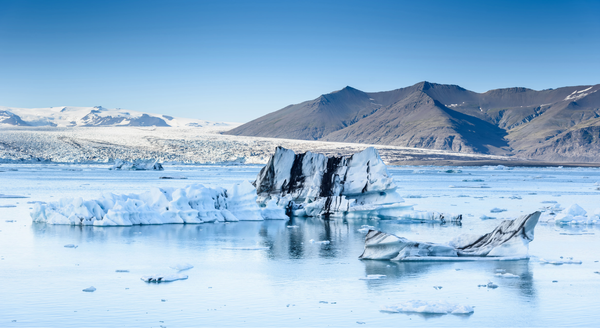Pushing the onus on consumers again
Do consumers really hold the power when environmentally friendly options are significantly more costly?

While the pandemic has been a tough experience, it has taught the public the importance of banding together in a crisis and changing our behaviour to align with emerging science for the public good. Why then does this attitude not apply to our current climate crisis? With a long list of countries on fire in the past few years — some highlights including Australia, Greece, the Russian tundra and most of South America, heat waves in Vancouver, Canada so significant that they caused over 100 deaths (yes, Canada!) and unprecedented mass extinction events, we really must wonder what it would take to see this crisis for what it is – a crisis!
The UK government recently published a blueprint named Net Zero Strategy: Build Back Greener, relating to potential changes in public behaviour including levies on high-carbon foods and frequent flying. Within this scheme, seems that the government is aligning itself with recent science, highlighting the importance of pricing of consumer goods and its mismatch to their environmental cost. However, the blueprint was withdrawn within a few hours of its publication.
The science is clear – animal derived products are energetically inefficient and increase societal carbon footprints. A 2020 study in Nature Communications found that calculating the carbon dioxide equivalents of foods based on IPCC metrics allow them to compare the real-world prices of foods to the prices that would be expected if environmental cost is considered. What they found was that plant products would cost 121 times less than animal products in such a scenario. However, as pointed out in a recently published article on the blueprint, a government spokesperson has highlighted that research papers are not government policy and there are “no plans whatsoever to dictate consumer behaviour in such way”.
It seems that the government is trying to enforce the idea that they want to protect the free will of people to behave in any way they want. However, in practice this is not the case, as making ecologically conscious choices is financially disincentivised. All consumables receive subsidies which ensure they can continue to provide for the public. While it can be scary to think about a rise in meat prices, products will always vary in their price with relation to one another, so increases in some areas should be balanced with subsidies in plant foods that should allow the public to sustain itself. However, making planet-healthy choices at present can be at a significant cost to our wallets, as well as convenience and even normality.
Similarly, the ever-expanding force of the aviation industry is pushing into the public sphere with ever-reducing prices, even for short-haul flights that can easily be replaced with more sustainable modes of transportation. The cheapest price for a plane ticket this weekend to Paris from London would cost me £37, while the cheapest train ticket for the same day would set me back £103.
Unfortunately, while governments support the industries that impose significant costs on the environment, consumers with limited financial abilities will be forced to make choices that cost them less but will cost our planet for generations to come. How free is a choice after all if it means paying significantly more out of pocket?









